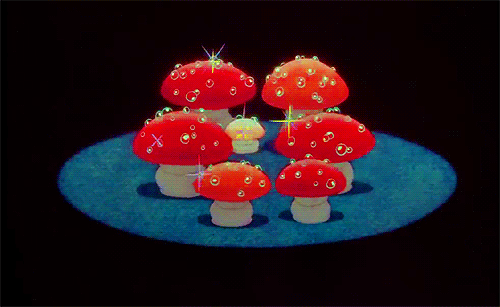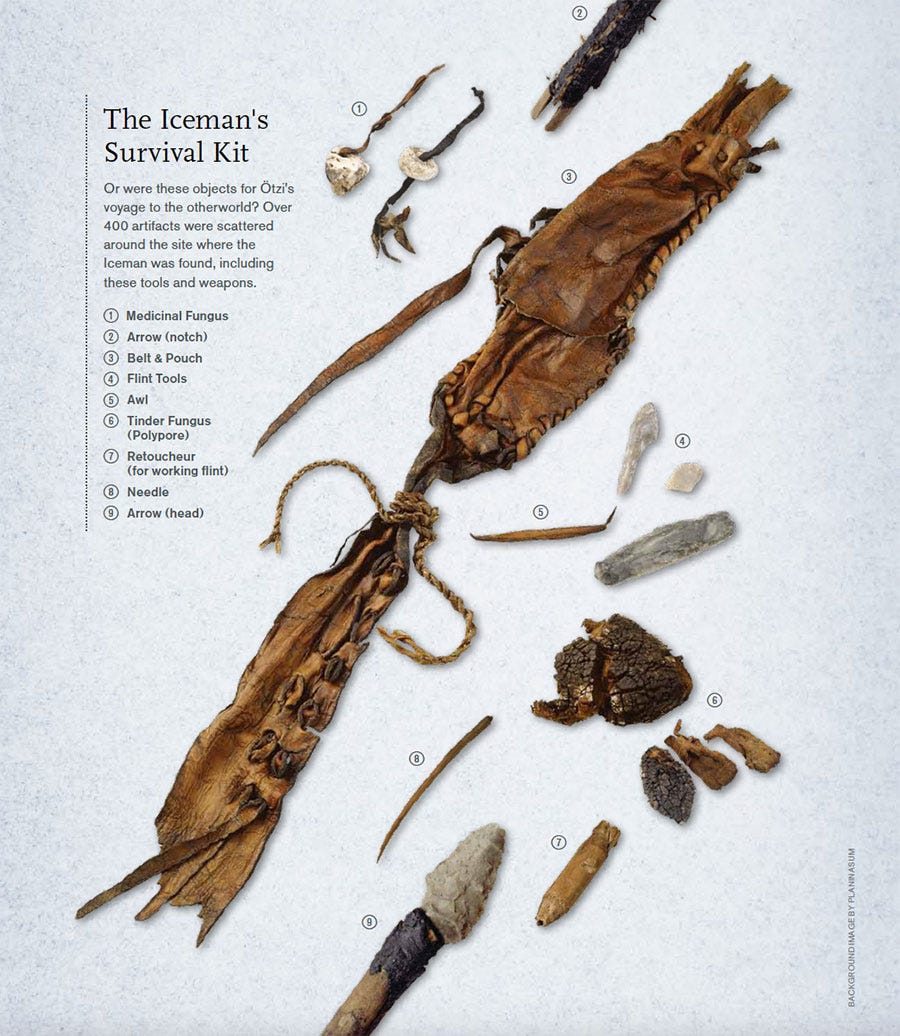"Mushrooms are loved, despised, feared and misunderstood"
🍄 Mushrooms: A Natural and Cultural History by Nicholas P. Money
An Obsession Unfolded
Like so many people, I discovered the world of fungi (fuhng·gai) through the documentary Fantastic Fungi. I watched it at Hot Docs in Toronto and was so in love that I went to watch it a second time. Rated 100% on Rotten Tomatoes, the film pulls your entire being into a beautiful time-lapse journey of the magical, mysterious and medicinal world of fungi. Mycologist Paul Stamets shares the story of how mushrooms transformed his life, including how Turkey tail mushrooms helped heal his mother’s breast cancer. Stamets has admirably dedicated his life to mycology, medical research, writing, public speaking and entrepreneurship - all in the name of mushrooms. Read more about “the mushroom man” on his website or instagram.
Fun-gi Facts
Fungi first appeared around 1.3 billion years ago
All mushrooms are fungi, but not all fungi are mushrooms
Mushrooms grow on every continent, thriving in wet conditions and helping break down organic matter to recycle nutrients in the soil
There are an estimated 2-3 million species of fungi in this world, a small fraction of which have been identified
The origin of the word “mushroom” connects to the old French word for moss, “mousseron” (now “mousse”)
No plant grown under natural conditions exists without fungi; they are as much a part of planthood as roots and leaves
Some fungi have the power to decompose plastic, petroleum and oil, heavy metals, wood, toxic chemicals, sewage, or radioactive material
Located in Oregon’s Malheur National Forest, dark honey fungus Armillaria ostoyae is one of the largest organisms on Earth, extending across more than 10 km2
Penicillin, the first modern antibiotic discovered in 1928, was derived from isolating the active compound from mold Penicillium notatum
Words To Know
Fruiting Body: produces spores and acts as the organ of a fungus
Functional Mushroom: varieties of mushrooms that have health benefits beyond nutritional value
Fungi: any of a group of spore-producing organisms feeding on organic matter, including molds, yeasts, mushrooms and toadstools
Fungus: a plant-like organism that does not make chlorophyll
Hyphae: one of the threads that make up the mycelium of a fungus
Mycelium: otherwise known as the “root” system of fungi consisting of branching, thread like hyphae
Mycology: scientific study of fungi and/or the practice of cultivating them
Mushroom: part of fungus that bears spores, grows above ground, and consists usually of a stem with a flattened cap
Tale As Old As Time
Almost every culture throughout history has harnessed the power of fungi in traditional remedies. Egyptian papyri from 1500 BCE reference the use of mold for healing purposes. The Talmud, a central text of Jewish law and tradition, also mentions a medicinal concoction called 'chamka'—a mix of moldy corn soaked in date wine. Medicinal mushrooms have played an integral role (and continue to do so) in Traditional Chinese Medicine since the Han Dynasty (202 BC - 220 AD). Indigenous Australian peoples used mold harvested from the shaded side of eucalyptus trees to treat wounds. These examples represent just a few of the many ways fungi have been used across cultures and centuries.
In 1991, hikers discovered “Ötzi the Iceman” preserved naturally in the ice on the border between Italy and Austria. Archaeologists determined he lived over 5000 years ago. Upon discovery, they also found Ötzi’s personal belongings preserved in the ice scattered around him. He was carrying tinder fungus used to make fire and pieces of the birch polypore mushroom believed to have had medicinal uses.
In the 19th and 20th centuries, scientists began formally studying the active compounds in mushrooms and their medicinal effects. Today, popular medicinal mushrooms like Lion's Mane, Reishi, Turkey Tail, Cordyceps, and Chaga are widely recognized for their health benefits. Each of these species has unique properties worth exploring. Stay tuned as we dive into their health benefits, ways to consume them, and insights into the growing medicinal mushroom industry.
Mush love,
YENTA







Wonderful. Fungi could save us all